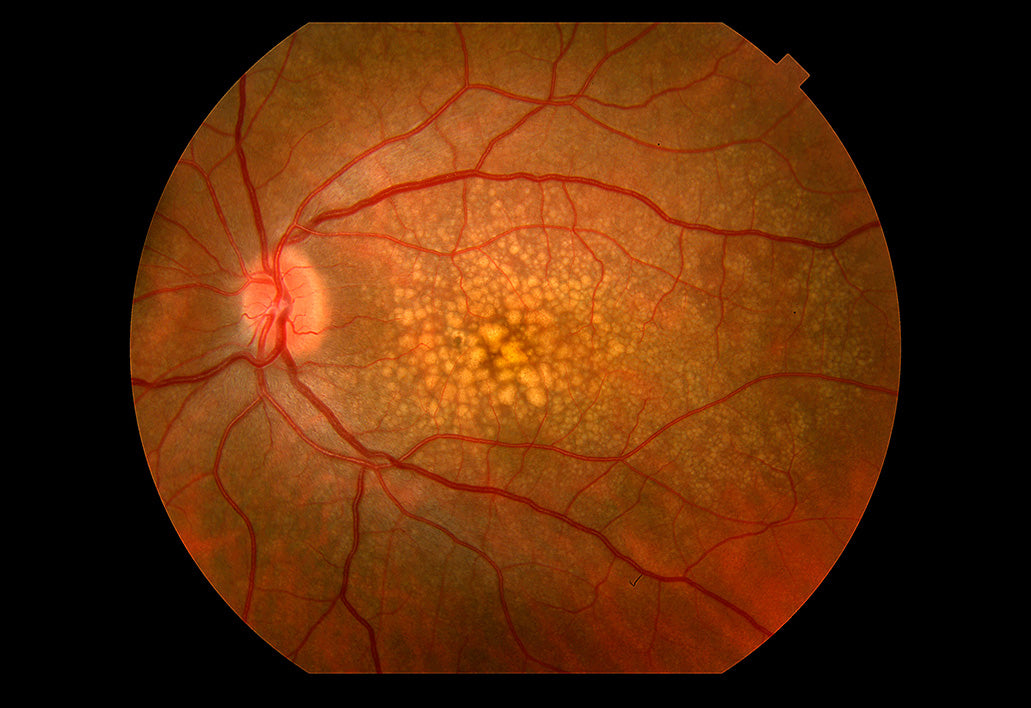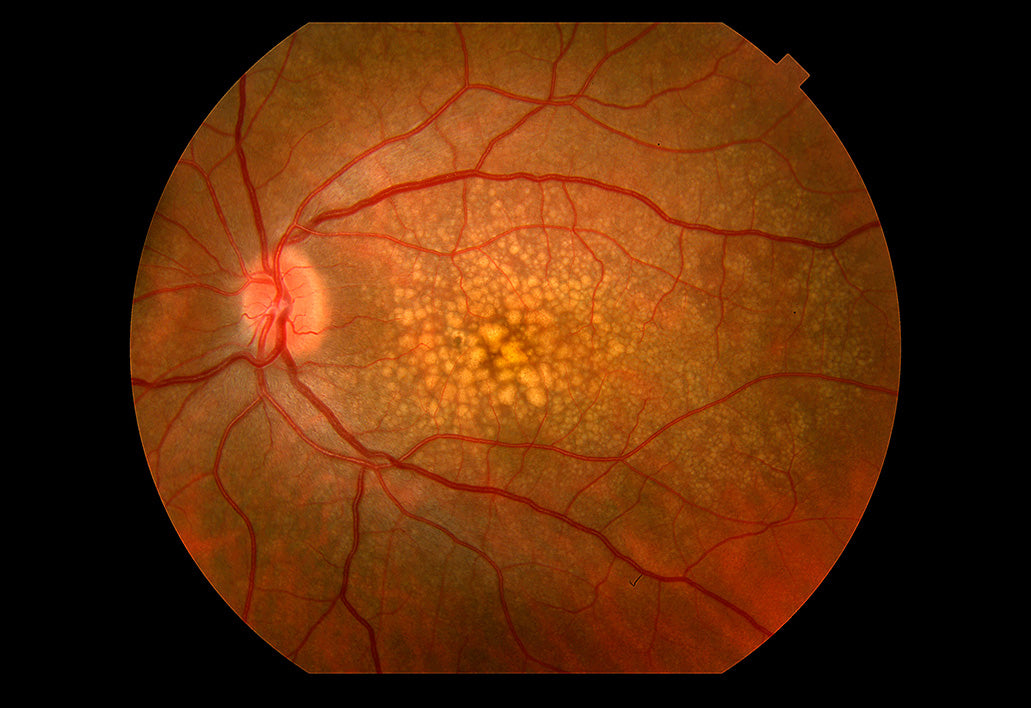The Age-Related Eye Disease Study 2 (AREDS 2) formulation is a popular dietary supplement often recommended for individuals at risk of age-related macular degeneration (AMD). This formulation contains specific vitamins and minerals that have been studied for their potential to slow the progression of AMD. While AREDS 2 has shown benefits for some individuals, it's essential to understand that not everyone may benefit from or be suitable for this supplement. In fact, there are certain groups for whom taking AREDS 2 may not be advisable due to potential risks or lack of evidence of effectiveness.
Who Should Not Take AREDS 2:
1. Smokers - If the AREDS 2 formulation includes beta-carotene:One of the key findings from the AREDS 2 study was that smokers or former smokers had a higher risk of developing lung cancer when taking beta-carotene, one of the components of the original AREDS formulation. As a result, AREDS 2 removed beta-carotene from its formulation and replaced it with lutein and zeaxanthin, which are believed to be safer alternatives. Nevertheless, several eye vitamins, including AREDS 2 supplements, continue to put beta-carotene in their formulations. AREDS 2 formulations from VisiVite do not contain this ingredient.
Reference: Chew, E. Y., Clemons, T. E., SanGiovanni, J. P., Danis, R. P., Ferris, F. L., Elman, M. J., Antoszyk, A. N., Ruby, A. J., Orth, D., Bressler, S. B., Fish, G. E., Hubbard, G. B., Klein, M. L., Chandra, S. R., Blodi, B. A., Domalpally, A., & Friberg, T. (2014). Secondary analyses of the effects of lutein/zeaxanthin on age-related macular degeneration progression: AREDS2 report No. 3. JAMA Ophthalmology, 132(2), 142–149.
2. Individuals with Specific Health Conditions:
Certain health conditions may contraindicate the use of AREDS 2 or necessitate caution and consultation with a healthcare provider before supplementation. These conditions may include liver disease, kidney disease, certain types of cancer, and other chronic illnesses. The vitamins and minerals in AREDS 2, particularly at higher doses, can interact with medications and exacerbate underlying health issues.
Reference: Awh, C. C., Lane, A. M., Hawken, S., Zanke, B., & Kim, I. K. (2013). CFH and ARMS2 genetic polymorphisms predict response to antioxidants and zinc in patients with age-related macular degeneration. Ophthalmology, 120(11), 2317–2323.
3. Individuals with Specific Genetic Variations:
Genetic variations can influence an individual's response to supplements and medications. Studies have suggested that certain genetic polymorphisms, such as those in the CFH and ARMS2 genes, may affect the efficacy of antioxidant and zinc supplementation in AMD. Therefore, individuals with specific genetic profiles may not experience the same benefits from AREDS 2 as those without these variations.
Reference: Sedden, Silver, Rosner. Response to AREDS supplements according to genetic factors: survival analysis approach using the eye as the unit of analysis. British Journal of Ophthalmology 2016;100:1731-1737.
4. Individuals taking Anticoagulants
Vitamin E, which is present in high amounts as part of the AREDS 2 formulation, has the potential to increase the anticoagulation effects of certain medications taken for atrial fibrillation and peripheral clotting disorders, including Eliquis, Xarelto, Coumadin and others. People who take one of these anticoagulants may wish to consider taking an AREDS 2 formula without Vitamin E.
Conclusion:
While AREDS 2 has demonstrated efficacy in reducing the risk of progression to advanced AMD in certain individuals, it's crucial to recognize that not everyone may benefit from or be suitable for this supplement. Individuals with specific health conditions, and those with certain genetic variations may face potential risks or may not experience the expected benefits of AREDS 2 supplementation. Therefore, consulting with a healthcare provider before starting any supplementation regimen is essential to assess individual risk factors and determine the most appropriate course of action for maintaining eye health.














